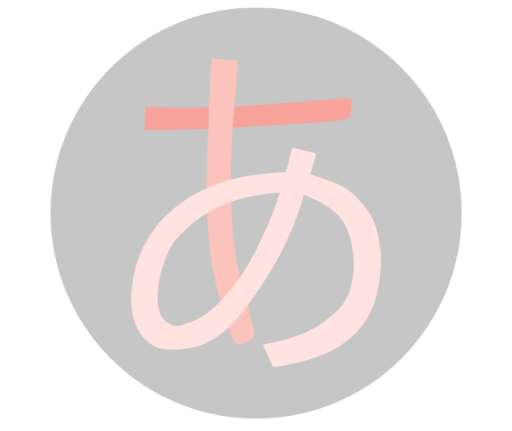
Free Japanese Quiz
for Beginners
comparison・contrast
30-1
Comparative
Superlative

Grammar
1. Comparative
Noun-1 は Noun-2 より Adjective です
meaning : Noun-1 is more … than Noun-2.You pick up something ( Noun-1 ) as a topic, and compare its degree with another thing ( Noun-2 ).
“より” is used to compare 2 things.
( Ichiro is taller than Jiro. )
( Hokkaido is colder than Tokyo. )
Noun-1 より Noun-2 のほうが
meaning : Noun-2 is more … than Noun-1.You pick up 2 things to compare their degree, and you say one of those is “more … ” or “less … ” than another one.
( I like sea more than mountains. )
Question & Answer
( Which do you like coffee or tea? )
A : コーヒーのほうが ( こうちゃより ) すきです。
( I prefer coffee. )
Noun-1 は Noun-2 ほど … ません
meaning : Noun-1 is not as … as Noun-2.The degree of 2 things is not much different, but the degree of “Noun-1” can not reach the degree of “Noun-2”.
( Toronto is not as cold as Montreal. )
It should not be used to compare things which are completely different degree.
( Fillet steak is not as expensive as a house. )
( Both a car and a house is expensive, but a car is not as expensive as a house. )
2. Superlative
Noun が いちばん Adjective です
meaning : Noun is the most …“いちばん” means “the most” or “the best”.
( My dog is the cutest. )
” … で” is used, when you say about the best “of all”. This “all” means the whole thing that it can not be divided.
( My dog is the cutest in the world. )
( Ichiro is the fastest in the class. )
” … のなかで” is used, when you say about the best from several things.
( Ichiro is the fastest among 3 of us. )
1. I like a yellow bag more than a green bag.
2.
A : Which do you like Udon noodle or Soba noodle?
B : I prefer Udon noodle.
3. Today is not as hot as yesterday.
4. The highest mountain in Japan is Mt. Fuji.
link
Japanese broadcasting station, NHK site helps you to learn Hiragana, Katakana, and Kanji.

